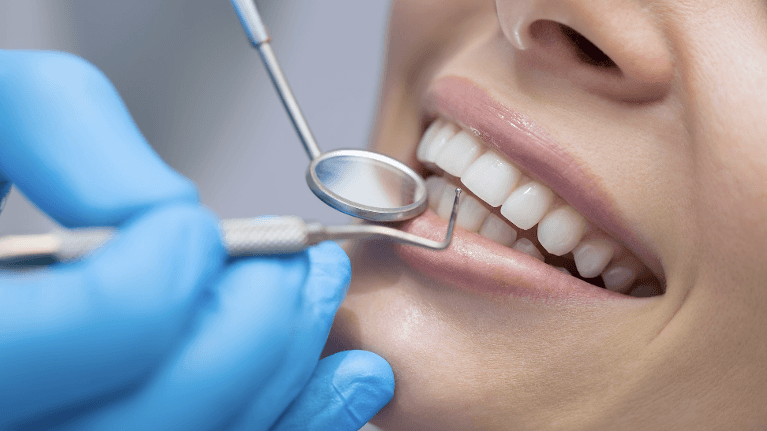
Not many people are fond of going to the dentist. For most of us, brushing our two times a day and flossing a couple of times a week is more than enough. Not getting a dental checkup twice a year can put you under an increased risk of developing oral diseases. Other than regular bi-annual dental visits, it is essential to rush to the dentist if you see any signs that might indicate a problem with your teeth or gums.
If it's been a while since you had a dental checkup, we suggest you go through the signs listed below that indicate that it's definitely time that you go and see your dentist ASAP!
1. Toothache
Toothache is one of the worst kind of pains which is extremely hard to ignore. When you get a toothache, you need to understand that there is definitely something wrong which needs immediate attention. The underlying problem might be a lot serious. Even if the pain resides in a day or two, you should still see your dentist and get it checked.
2. Inflamed Gums
If there is inflammation in your gums, you need to see your dentist right away. Swollen gums are not just painful, but they can be a sign of an underlying problem like the accumulation of hardened plaque underneath your gum line. Inflamed gums may also be due to periodontitis or gingivitis. If conditions like periodontitis aren't addressed on time, it can lead to tooth loss. So, if you're still trying to look for excuses for not going to the dentist, you better stop!
3. Spots On The Teeth
One of the most initial signs of dental decay is the appearance of white spots on the teeth. Dental decay is a dental infection that is characterized by the dissolution of the enamel of your teeth as a result of acid that is produced by infectious bacteria. You may not observe any symptoms of tooth decay at the beginning, which makes it all more important to visit your dentist regularly.
4. Increased Sensitivity
The sensitivity of teeth is characterized by an increased sensation of hot and cold. One of the many reasons for increased sensitivity is tooth decay. Tooth decay first affects the tooth's surface and then advances deeper into the tooth, reaching the part of the tooth where blood vessels and nerves are located. It is the point where you start experiencing symptoms. If you feel too hot or cold on your teeth when you eat something, it is high time that you visit your dentist and get your cavity filled. The sooner you get it done, the lesser the chances of the problem getting worse.
5. Discolouration In The Mouth
Every time you brush your teeth, examine the interior of your oral cavity to see any signs of discolouration or inconsistencies on the cheeks, tongue, or underneath the tongue. If you observe even the slightest changes or anything unusual, you should see your dentist right away.
Oral hygiene is extremely important. The longer you wait to see a dentist, the greater is the risk of a dental problem exacerbating. So, if you haven't been to a dentist for some time, pick up your phone and book an appointment without any further ado.



